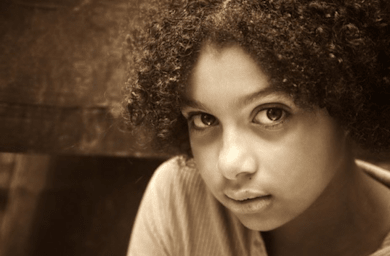
Safeguarding Children Awareness - for Health and Social Care
Course Overview
This thorough five-part safeguarding child protection course combines practice-based scenarios and focused questions with informative videos to help to bring the content to life. The bite-sized units cover things like child maltreatment, the effects of parental, family and career factors, domestic abuse, mental and physical ill-health, substance and alcohol abuse, acting on concerns and the importance of information sharing, online risks and legislation.
As the knowledge element of standard 11 of the Care Certificate is covered, you can be reassured that you’ll gain an increased understanding of issues surrounding safeguarding and – most importantly – how best to deal with suspected abuse.
This course meets the national minimum training standards for Safeguarding Children at Level 1 as set out in “Safeguarding Children and Young people: roles and competences for health care staff.” (Intercollegiate Royal College of Paediatrics and Child Health 2014).
On completion of the course, you will automatically get a certificate, containing your name, CPD hours, the date and learning objectives.
Target Audience
This level 1 course is aimed all staff in healthcare settings, including new members of staff and those in support worker and adult social care roles. In fact it’s ideal for anyone who provides direct care to patients or individuals. It’s a great refresher for anyone wanting to update their safeguarding knowledge.
Learning Objectives
Once you’ve completed this course, you’ll have a comprehensive knowledge of:
- Child maltreatment in all its different forms
- The relevance of parental, family and carer factors such as domestic abuse, mental and physical ill-health, substance and alcohol misuse
- What to do if you have concerns about child maltreatment
- The importance of sharing information
- What to do if concerns aren’t taken seriously or you face barriers to referring a child or family for further help
- The risks associated with being online







